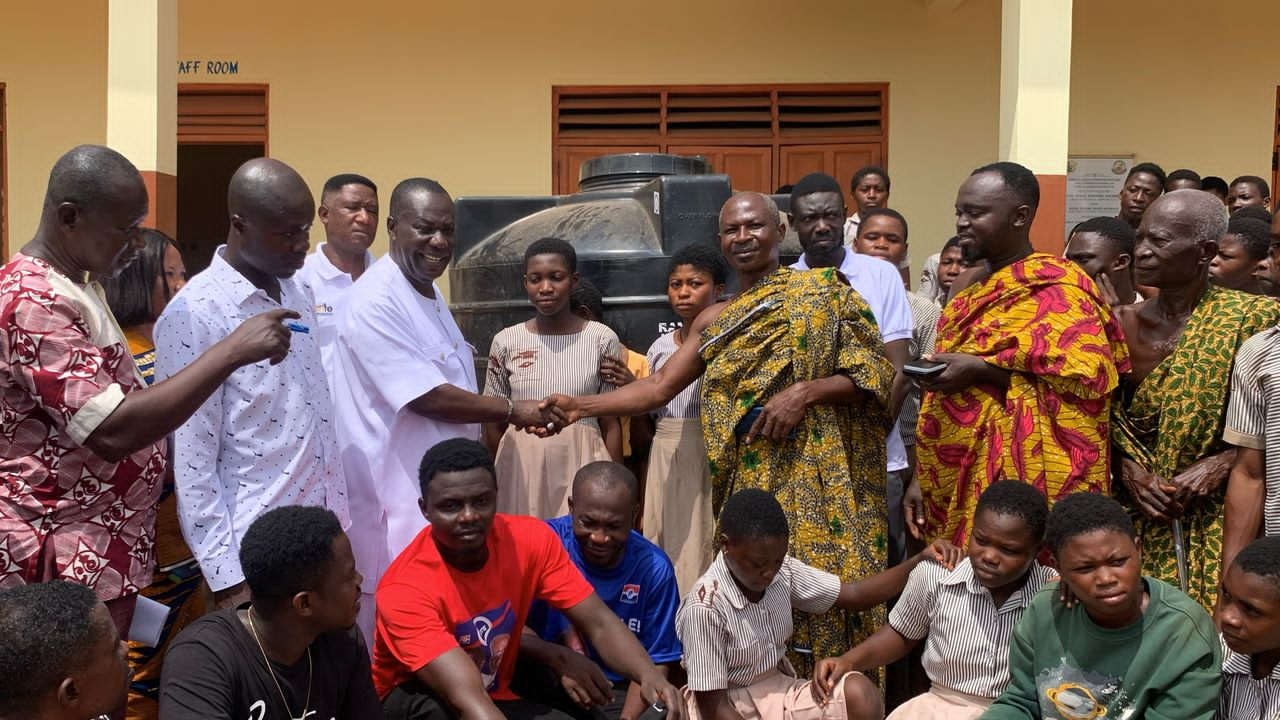XYSCO Sickle Cell Foundation and Nurses from KATH Family Medicine Directorate Partner to Educate KNUST SHS Students on Genotype and Sickle Cell Prevention
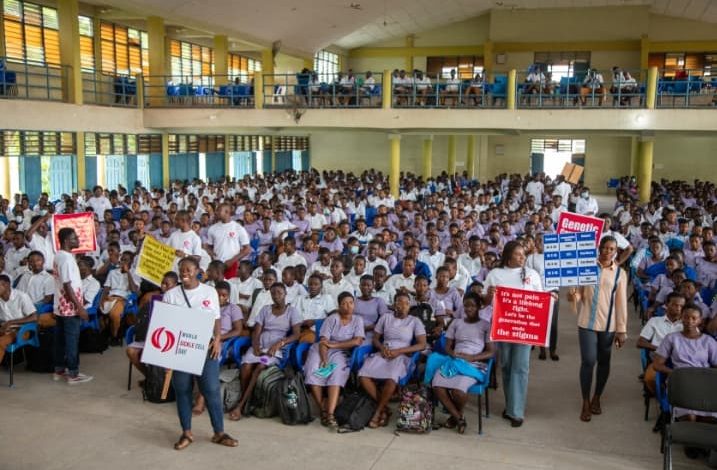
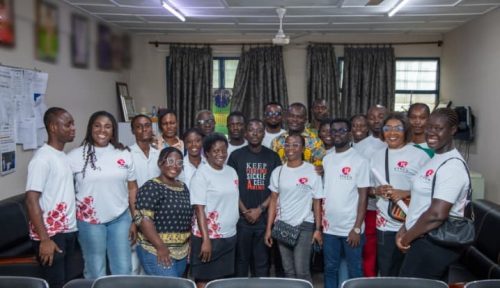
In a bid to combat the rising incidence of sickle cell disease among Ghana’s youth, nurses from the XYSCO Sickle Cell Foundation and nurses from the Family Medicine Directorate of Komfo Anokye Teaching Hospital (KATH), have joined forces to educate students of the Kwame Nkrumah University of Science and Technology Senior High School (KNUST SHS) on the importance of genotype testing and the prevention of the hereditary condition.
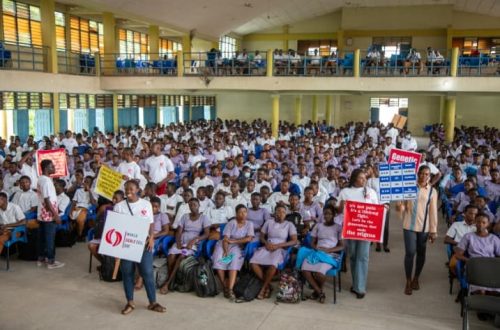
The sensitization program formed part of activities to commemorate World Sickle Cell Day and was anchored on the theme, “Genotype Awareness for a Healthier Future: Empowering the Youth Against Sickle Cell Disease.”

The highly impactful session was facilitated by a team of experienced nurses from KATH’s Family Medicine Directorate under the initiative dubbed “Nursing Beyond Hospital Walls” by Miss Catherine Akyamaah Korankye Eastwood, a seasoned Principal Nursing Officer, who provided clear, science-based education on how sickle cell disease is inherited, its symptoms, complications, and most importantly, how it can be prevented through informed decision-making. The students were given detailed explanations about the differences between genotypes such as AA, AS, and SS, and how certain combinations among couples can increase the risk of giving birth to children with sickle cell disease.

In her passionate presentation, she was supported by Drs. Mandy Osei Bonsu and Harriet Adutwumwaa Asamoah Sakyi, family Medicine Consultants, who explained that “As health professionals, we see the pain and complications sickle cell patients go through every day. That is why we are committed to prevention through education. The youth must understand that genotype testing is not just a personal decision; it’s a responsibility.”
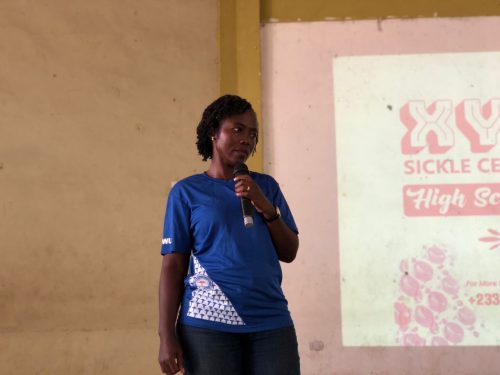
The XYSCO Sickle Cell Foundation complemented the medical presentations with engaging activities that kept students actively involved. These included questions and answers sessions demonstrating real-life consequences of uninformed marital choices, motivational talks by its Executive Director who is a Sickle Cell Warrior, living with the disease, and an interactive Segment on healthy eating for people living with Sickle Cell Disease by Dr. Efua Owusu Ansah, a seasoned dietician at KATH
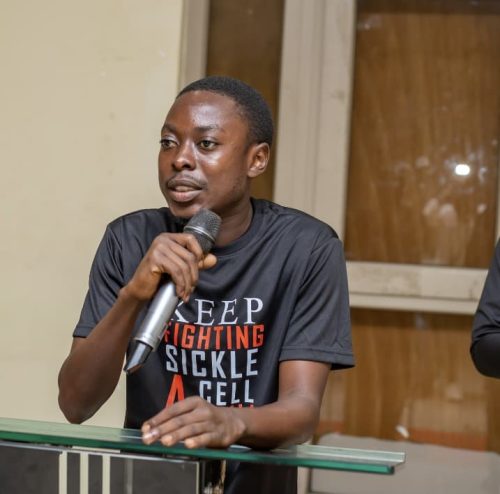
Speaking at the event, Mr. Francis Nyame Sarkodie, Executive Director of XYSCO Foundation, stressed that genotype awareness is a critical component in fighting the burden of sickle cell in Ghana. “Many people don’t know their genotype. That’s the root of the problem. We must begin in schools, where young people can learn early and avoid repeating the mistakes of the past,” he said.
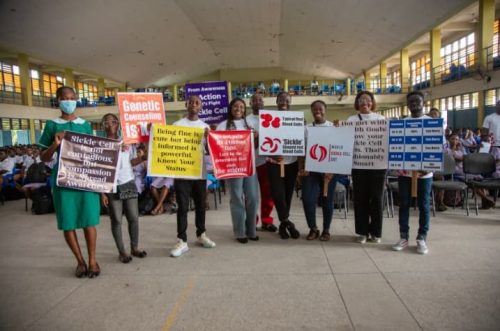
The seminar also featured the use of visual aids and simplified educational materials tailored to the understanding level of the students. Nurses from the Family Medicine Directorate took time to answer individual questions from students, many of whom expressed surprise at their limited prior knowledge on the subject.
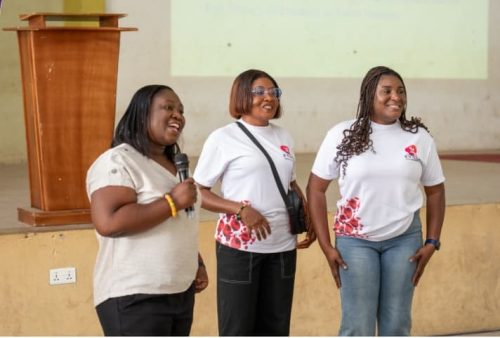
One student, Emmanuella Osei, expressed her gratitude after the session. “I never knew that sickle cell was something that could be avoided just by knowing your genotype early. I’m definitely going to get tested and talk to my siblings and friends about it,” she said.
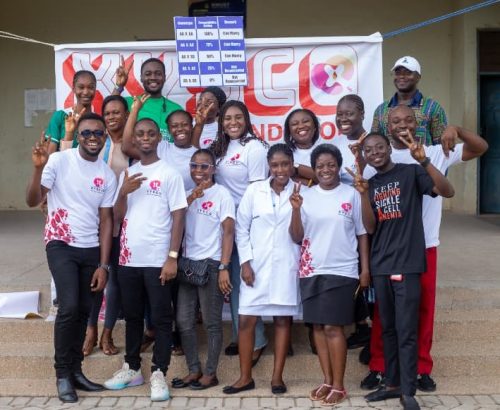
School authorities hailed the program as timely and critical. Madam Lydia Oduro, a senior science tutor at KNUST SHS, noted, “The collaboration between KATH and XYSCO is a life-changing intervention. Our students now know that the choices they make today can affect generations to come.”

This partnership between the XYSCO Sickle Cell Foundation and and Nurses from KATH Family Medicine Directorate, exemplifies the power of collaboration between clinical institutions and community-focused organizations. It also reinforces the belief that health education, when delivered in the right setting and with the right strategy, can empower the next generation to make informed and responsible choices.

